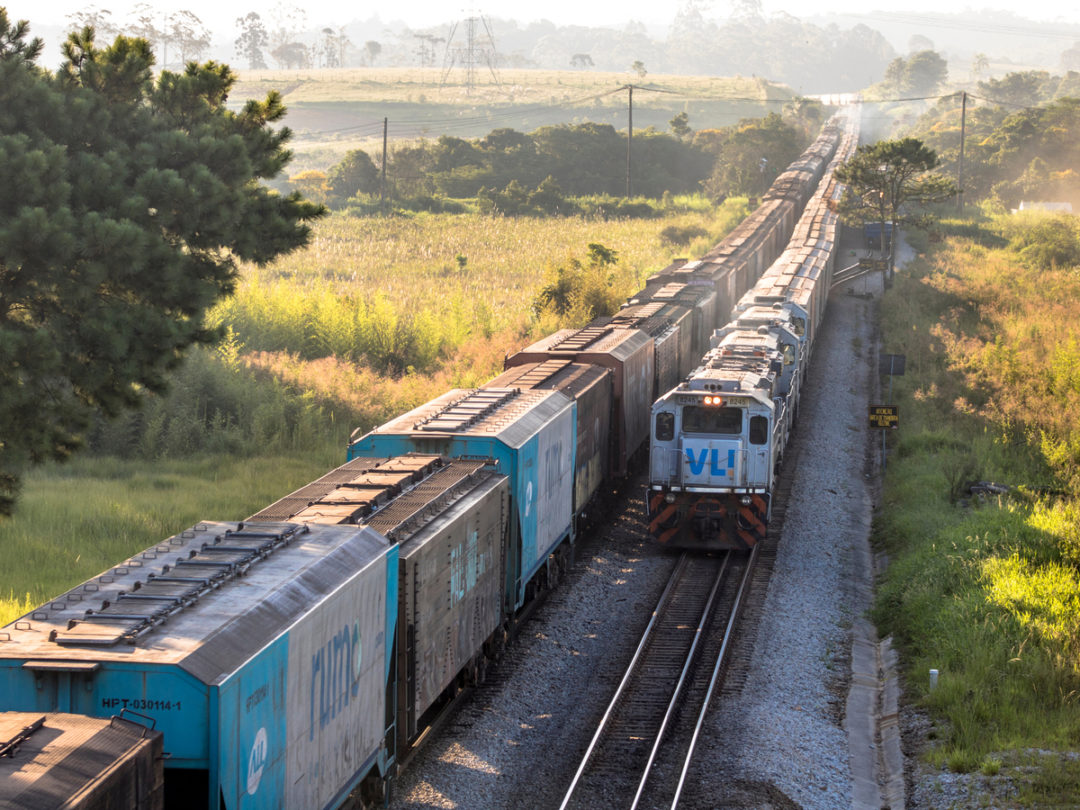
Visit Our Sponsors |
|
|
|
|
|
|
|
|
|
|
|
|
|
|
|
|
|
|
|
|
|
|
|
|
|
|
|
|
|
|
|
|
|
|
|
|
|
|
|
|
|
|
|
|
|
|
|

Beyond an unsustainable pension system Brazil is working to fix, there’s a vast web of smaller bureaucratic hindrances holding back Latin America’s largest economy.
Some have become infamous examples of Brazilian inefficiency, such as the country’s inescapable network of notaries or its tax system that requires nearly 2,000 man-hours to pay annual corporate levies. Others are lesser known, but no less pernicious.
Economists say they are low-hanging fruits that could help unlock the country’s potential.
“I’m a big believer in this guerrilla-type warfare against all kinds of little things,” Arminio Fraga, former Brazilian central bank chief, said when asked about measures to boost growth. “But individually they’re usually just little things. You need to have a big plan.”
Here are five of those examples:
1. Check In Any Time You Want, But You Can Never Leave
Brazil has made it much easier to open a business. Shutting down, however, remains “basically impossible,” according to Nicola Calicchio at consultancy McKinsey & Co. That leaves companies exposed to liabilities for many years after their activity ceases, and so impedes entrepreneurialism.
“The whole logic of innovation is failing fast and cheaply, so you move on. That’s what you see in the U.S. You failed? Good, then move on,” said Calicchio, a senior partner. “In Brazil, because of labor rights and all the certificates you need, you can never close a business and this will haunt you forever.”
This could be swiftly addressed by a federal and state task force review, he said.
2. Innovating for the (Far-Too-Distant) Future
If you’re Brazilian and invent the Next Big Thing, your child just might live to see it on the shelves. The government’s patent institute is swamped even by the standards of Brazil’s bureaucratic morass; there are 160,000 pending requests.
That means wait times average about a decade, which is a massive disincentive to innovators who can’t hope to bring their creations to market anytime soon. No wonder Brazil has relatively little enrollment in STEM studies, and underinvestment in research and development.
The government is making workflow more efficient and changing procedures to reduce the patent backlog some 80% by 2021. That includes suspending global patent searches on applications that have already been scrutinized abroad. Doing so will benefit foreign inventors looking to penetrate Brazil’s massive market, and global patent offices are lending support.
“There’s a lot of interest in us getting out of this impasse,” Liane Caldeira, patents director at the Brazilian institute, said in an interview. “It’s bad for the system as a whole.”
3. Nesting Without a Nest Egg
Brazilian banks can’t offer reverse mortgages — a loan secured on a property — which are common in advanced economies for retirement planning and to free up capital. While such loans might have become one of the most-reviled financial products in the U.S., with moderation they could be useful in Brazil, where over the last decade the emerging middle class bought homes whose values soared through 2014.
Today, consumption remains depressed as Brazilians struggle to climb out from beneath a mountain of debt. Doing so is tough with average interest rates for individuals above 30% annually — an oppressive level for anyone of modest means, particularly amid double-digit unemployment.
Brazil’s central bank is evaluating measures to allow reverse mortgages with an eye on enabling people to refinance debts with lower interest rates.
4. Hedge or Die
Brazil’s massive infrastructure build-out plans should have foreign players salivating, but they’ve been sitting out. One reason is the lack of financial instruments to hedge for abrupt changes in Brazil’s historically volatile currency. Companies surveyed by the government cited currency difficulties as the biggest concern for investment in the sector.
“The first five years of a project are make or break,” said Igor Rocha, economy director at the infrastructure industry association. “If the real is too volatile in that starting period the whole investment can be ruined.”
The central bank intends to propose changing the almost century-old currency laws to allow the real to be fully convertible. Another idea, Rocha says, is smoothing volatility by using the tax on currency operations to regulate speculative investment in currency derivatives. Central bank chief Roberto Campos Neto said the institution is readying a bill to update the country’s rules for currency hedging.
5. Swamped Roads, Railway to Nowhere
Infrastructure concessions and privatizations have advanced, particularly airports, but at a pace much slower than the government would have wished. Part of the issue is that projects aren’t well-prepared or well coordinated, according to Armando Castelar, coordinator of applied economics at the Getulio Vargas Foundation’s IBRE economics institute, citing roads that pass through swamps and a cargo railway line that ended before reaching a port.
“The risk of infrastructure projects today is gigantic, because you don’t know exactly what you’re getting into, then you look and the project is very poorly done,” Castelar said.
Even for well-conceived projects, bureaucracy looms. For example, approving a pier for international cruise ships takes an average 13 years, versus three months in the U.S., according to tourism minister Marcelo Alvaro Antonio. He’s trying to set up a task force with the environment and economy ministries to ease regulations in private areas.
RELATED CONTENT
RELATED VIDEOS
Timely, incisive articles delivered directly to your inbox.






